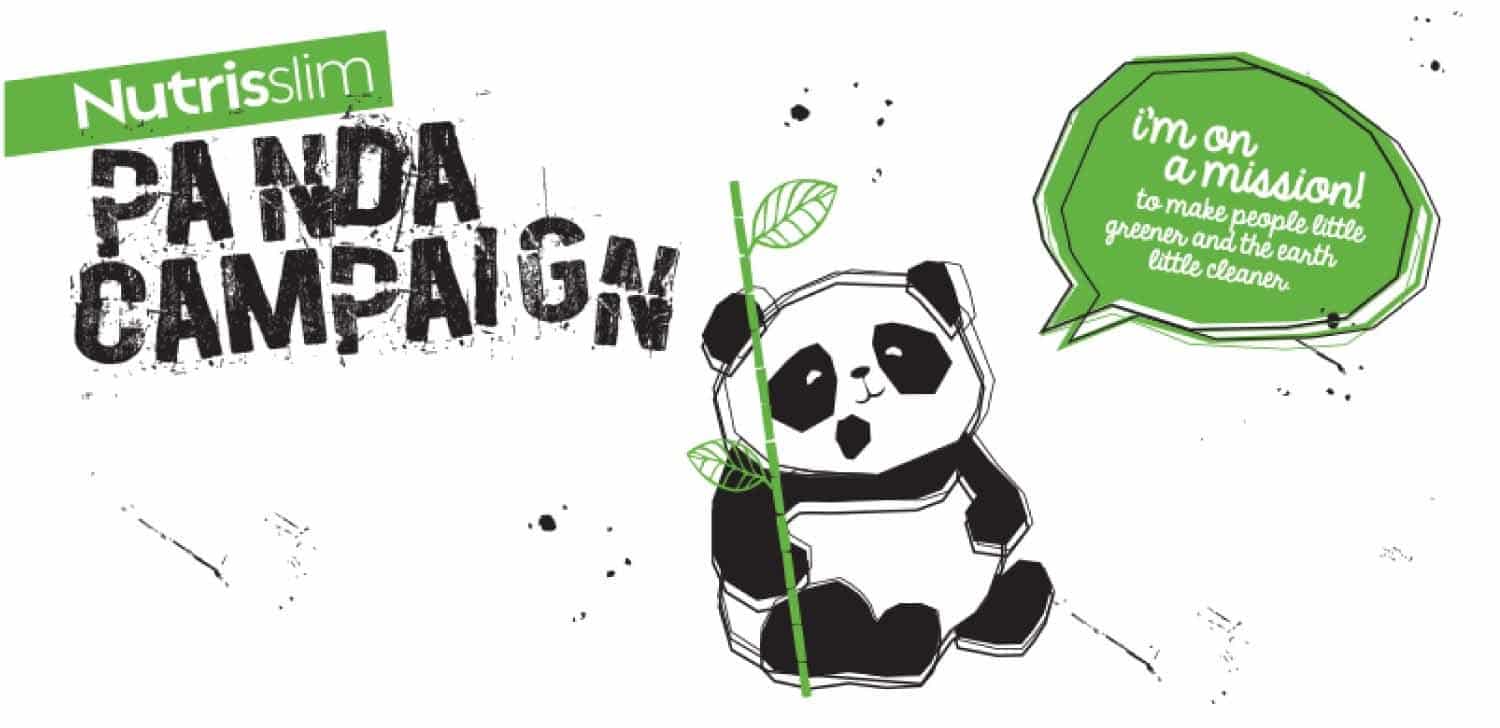Keep the planet clean and green
Is breathing clean air a basic human right? Is clean drinking water essential to us? Can our food grow in contaminated soil? Are we destroying our planet and we don’t care about it?
Our environment is precious and sensitive. Therefore, we need to protect it and make sure it stays clean and healthy. It is in our interest to maintain clean air, and water and soil free of contaminants and toxins, and to strive for environmental conditions that are natural as much as possible. By disrespecting Mother Nature, we are making our home unacceptable, not only to us, but to the millions of animal and plant species we share it with.
Modern environmental problems
Our environment is constantly changing, we cannot deny this. However, this also increases the need to be aware of the problems that surround us. With the rise of natural disasters, extreme temperature and weather changes, we humans need to be aware of what environmental problems our planet is facing.
It’s time to join in and help to make a change!!
Join our mission to make people aware of the importance of keeping a clean and green planet. Encourage people to be environmentally aware, as this is the most important foundation for keeping the planet clean. If everyone was aware of the importance of organic food production, water waste and electricity consumption, everyone could contribute to a cleaner, thus healthier environment.
How can we help to Mother Earth?
Here are some simple tips that any individual can follow to contribute to a healthy environment:
- Say NO to plastic bags. Plastic bags are often made of polyethylene, which is a material difficult to decompose, and greenhouse gases are released into the atmosphere during the decomposition process. It is recommended to always have a reusable bag in the car or your purse.
- Turn off electronic devices overnight. Electronic devices, especially computers, need a lot of electricity, and as a result, higher electricity consumption affects more CO2 emissions. Make sure to turn off electronic devices in the evening, which will have a beneficial effect on your sleep and help reduce CO2 emissions.
- Do not dry the clothes in a tumble dryer. Dryers are one of the largest electricity consumers. The laundry should be washed at low temperatures and then hanged up to air. Two birds with one stone – no more shrunken clothes and one nice gesture to protect the environment.
- Enjoy organic foods. By consuming organic foods, we do a lot for our health, as such foods are richer in nutrients and do not contain chemical contaminants and toxins, which are harmful to our health. In addition, in organic food production are not used chemicals that contaminate groundwater.
- Do sports. Let’s move as much as possible, especially outdoors. It is important to fill the body with oxygen. By playing sports every day, we feel better, reduce fatigue and stress.
- Ride a bike or use public transportation. Also walk as much as possible. Take a co-worker from the same place to work together. Car exhausts represent a large percentage of the emissions we release into the atmosphere.
- Offer a ride to your friends. The only thing better than singing in the car when you’re alone is driving in company. Driving with one car instead of two or three helps to reduce emissions in the atmosphere. Offer transportation to a co-worker, or use one of the carpooling apps to help save the environment.
- Do not throw food scraps in the garbage. We all talk about how much food we eat, but few talk about how little others eat. 40% of food produced worldwide is wasted. In other words, all the food waste could feed 1 million hungry people in the world annually. Instead of filling empty plates, food ends up in the fields and eventually turns into methane, which is a greenhouse gas. By throwing food, we also waste water and energy that we have invested in the production (and processing) of the food. Fortunately, there are many ways to be moderate in our food intake and help reduce food loss.
- Donate the food. If you haven’t been able to eat your weekly food supply, think twice before throwing the leftovers in the trash. Unfortunately, there are families and individuals all around us who would really appreciate the salad you were just about to throw away.
- Contact a nearby charity and ask what kind of food they accept.
- Learn to love the leftovers. There are few people who enjoy eating the same dinner for five days in a row, but throwing leftovers from yesterday’s dinner in the trash isn’t exactly the most eco-friendly option. Experiment in the kitchen and use different spices and side dishes every day, or freeze leftovers for next time.
- Save water. Take shorter showers, turn off the water while brushing your teeth, etc.
- Use natural materials and ecological cleaners to clean the household and do the laundry.
- Use natural cosmetics and before buying make sure they are not tested on animals.
- Get rid of disposable products, such as razors, baby diapers, etc. We should use a reusable razor, and washable and reusable baby diapers.
- We pay the bills electronically. This avoids unnecessary paper consumption and deforestation.
- Plant a tree. Trees help slow down climate change by absorbing carbon dioxide for photosynthesis. Trees also provide shade that helps keep roads and houses cooler in the summer, which reduces the need to use air conditioning.
Start today! Small steps pay off if we all contribute.
Each individual can contribute to a cleaner environment by following at least some of the tips above. Join our mission and spread the word. Together we can “restore” our planet and make it cleaner, greener and more liveable.

